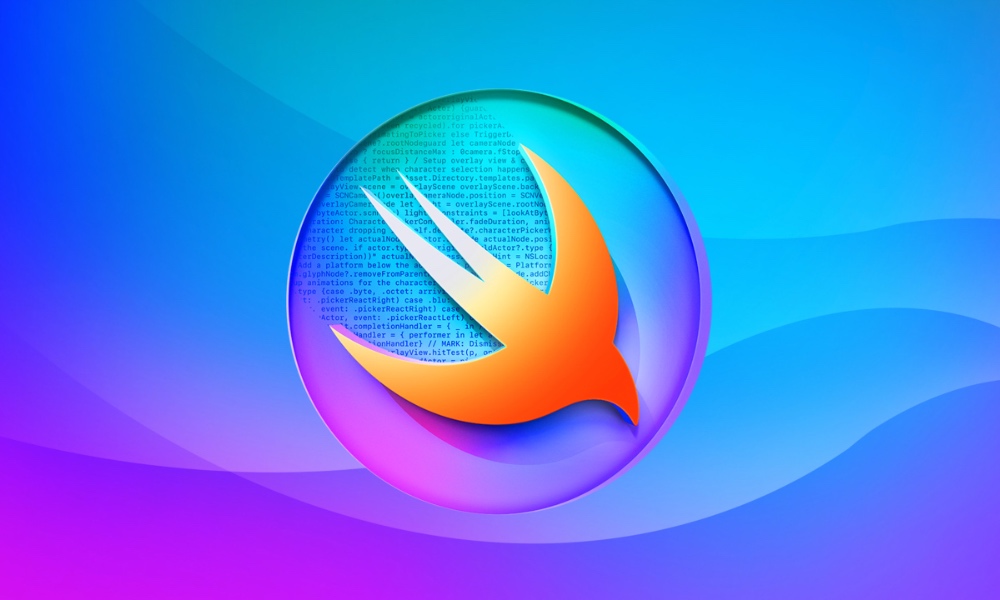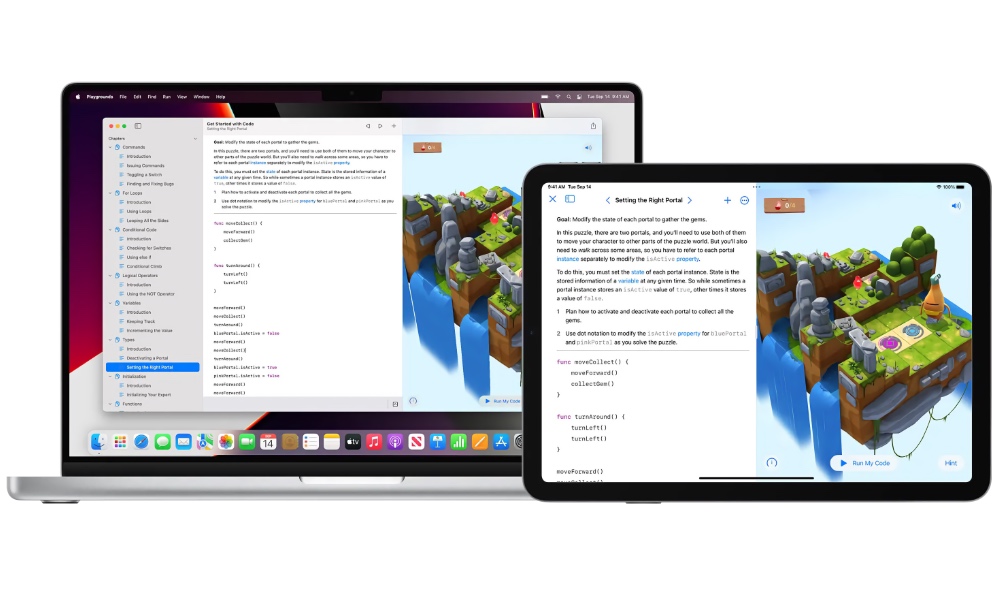Apple’s Swift Will Soon Support Android App Development

Toggle Dark Mode
Apple’s Swift programming language will soon be officially extended to provide support for Android app development, according to the Swift forums. The support is being implemented by a dedicated Android Working Group within the Swift open-source project.
Apple debuted Swift in 2014 as a modern programming language for developing apps for iOS, macOS, iPadOS, tvOS, and watchOS. Swift has since added official support for building apps on the Windows and Linux platforms. However, Android app development has long been dominated by Kotlin, which Google announced as its preferred language for Android in 2017.
Earlier this week, the Swift project announced a formal effort to add support for Android as a target platform. This will enable developers to use Swift to build applications for Google’s Android mobile operating system, using Google’s official tooling and infrastructure.
As laid out on the Swift forums, the Android Working Group’s charter includes a clear set of responsibilities aimed at integrating Android into Swift’s officially supported platform ecosystem. The responsibilities include ensuring that Swift can be compiled and run on Android without relying on unofficial forks or downstream modifications, updating Swift’s standard libraries to include better compatibility with Android APIs, and developing native tools and workflows for Android developers using Swift.
While Android developers have been able to develop apps for Android devices using Swift, they have typically done so through third-party framework solutions, such as the Scade framework, or via custom toolchains developed by third-party developers. This required quite a bit of dickering with settings via custom configuration, which still lacks full support for Android APIs, adding maintenance burdens to the mix as compatibility issues arose with each new Swift release.
The initial goals of the Swift project are to add solid support for Android to the official Swift distribution, making it possible to eliminate the need for third-party patches or community-maintained code forks. The project will establish proper toolchain integration for Android targets while maintaining consistency with other officially supported platforms. The group will also recommend enhancements to be made to core Swift libraries, allowing them to better mesh with Google’s Android platform behaviors and conventions.
Swift was created by Chris Lattner in 2010 for Apple, but the language has since been maintained by the open-source community. Swift is a high-level, general-purpose, multi-paradigm, compiled programming language. Swift was first unveiled in June 2014 at Apple’s 2014 Worldwide Developers Conference (WWDC). In September 2014, the Swift toolchain was shipped in Xcode version 6.
Swift employs modern programming language theory concepts, presented in a simple yet powerful syntax. Swift was inspired by Objective-C, which it replaced as the primary development language on Apple Platforms.
Swift was designed to be safe and friendly for new programmers without sacrificing speed. Swift’s syntax is similar to C-style languages, making it easy for C programmers to quickly pick up the language.

In addition to Xcode, Apple also offers Swift Playground, which is available for the iPad and the Mac. The app, while aimed at youngsters, is an excellent tool for anyone looking to learn Swift, as Swift Playground makes it fun and easy to develop and build real apps. Users can experiment with a wide range of challenges and samples designed to familiarize them with the programming language.








